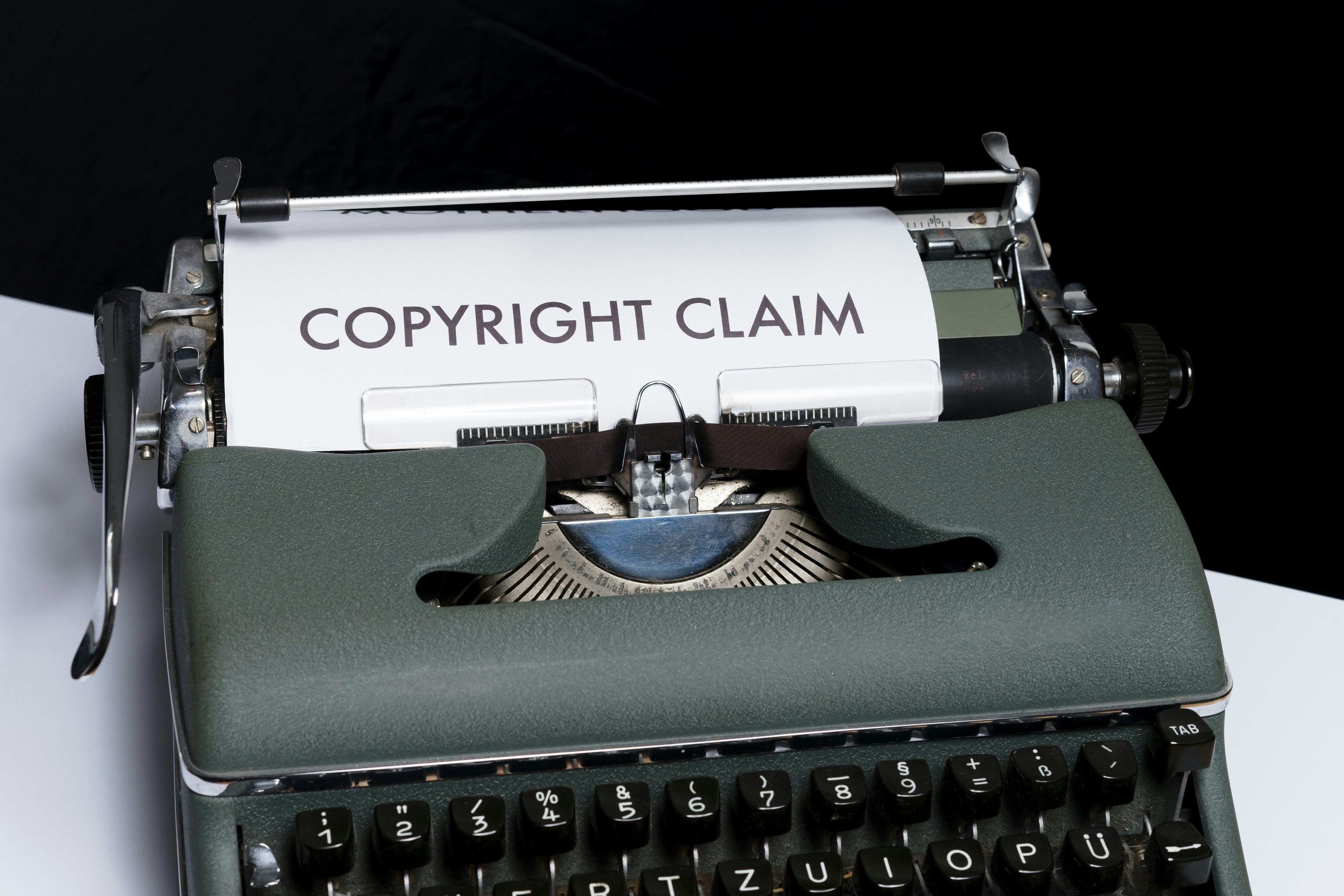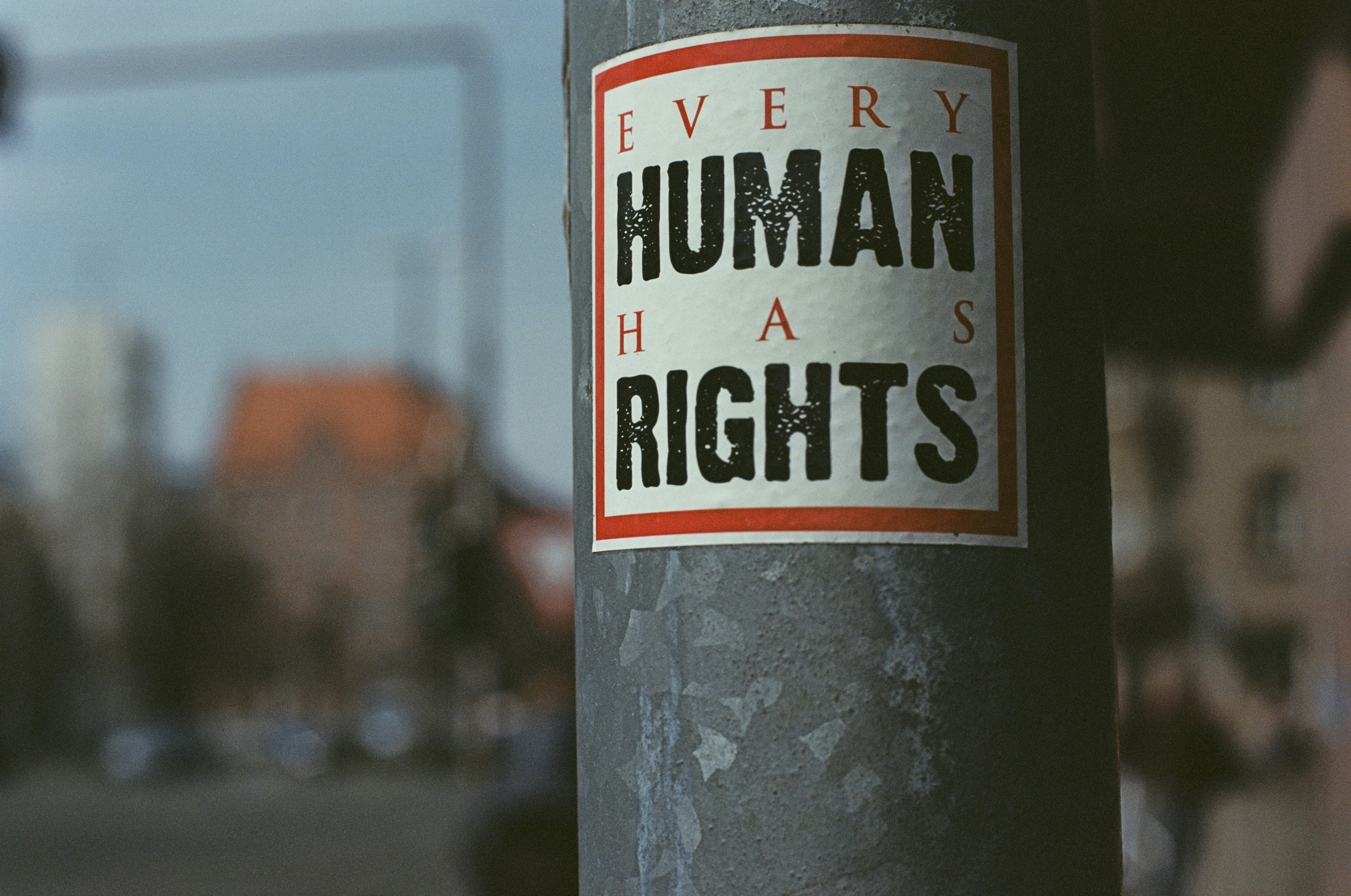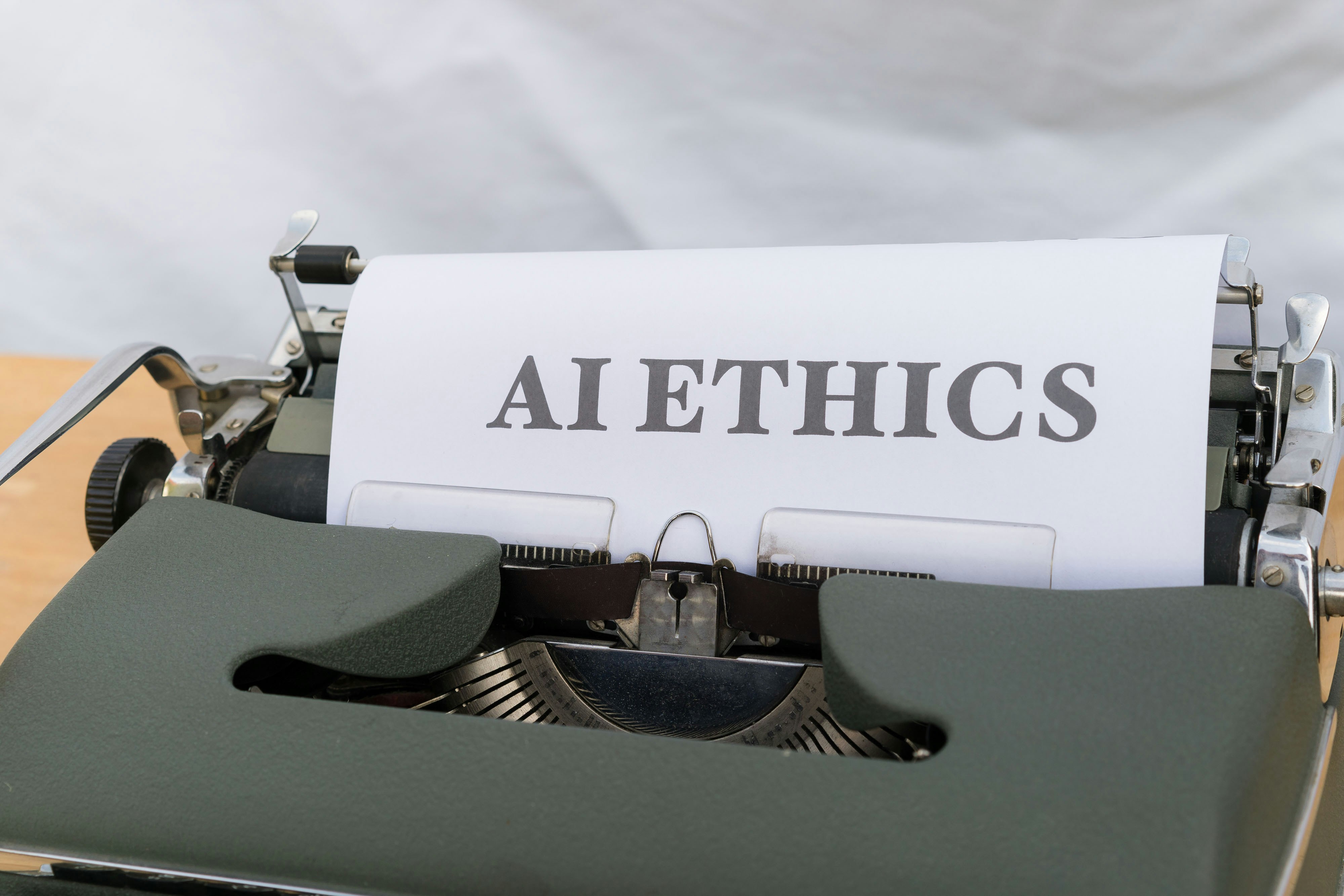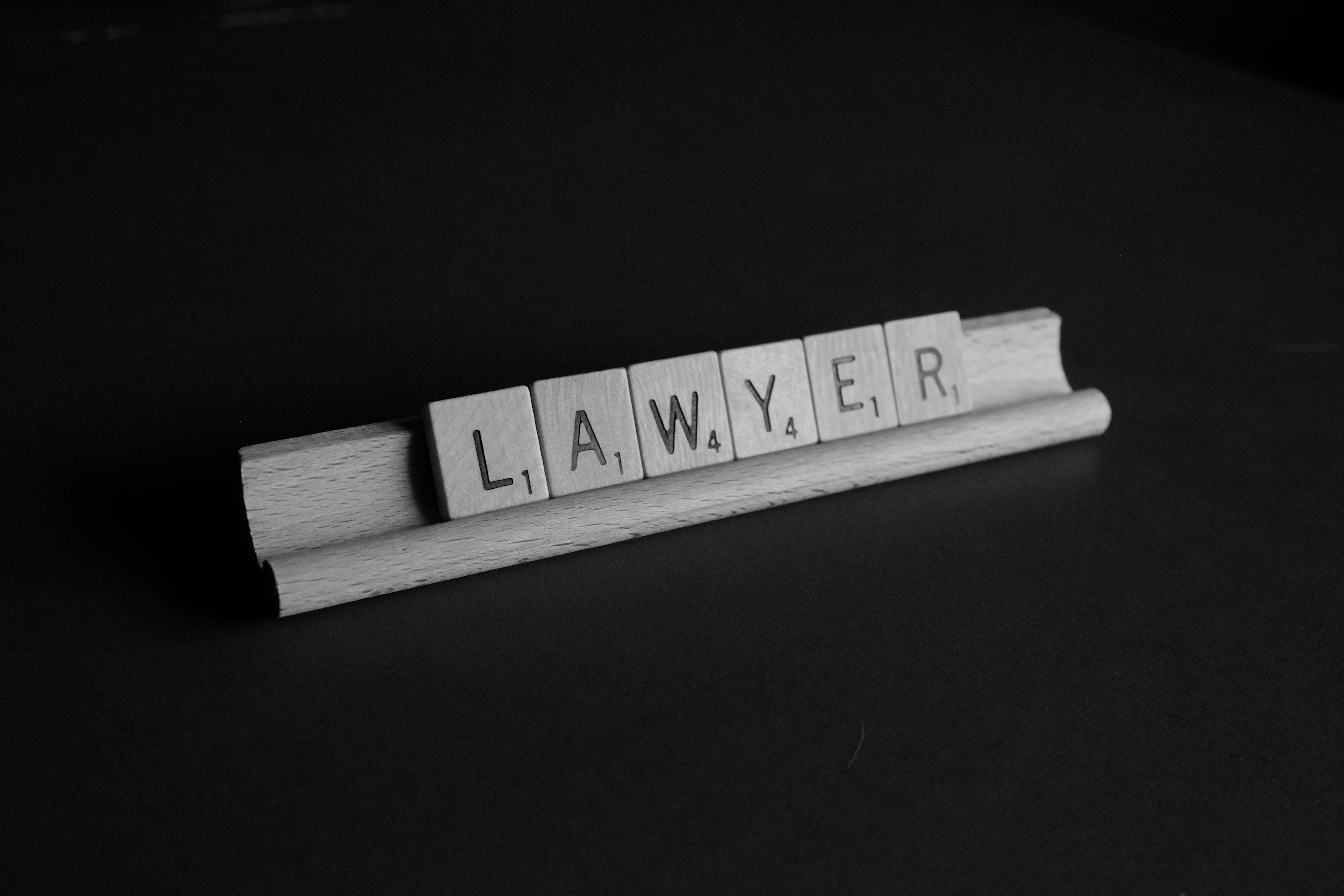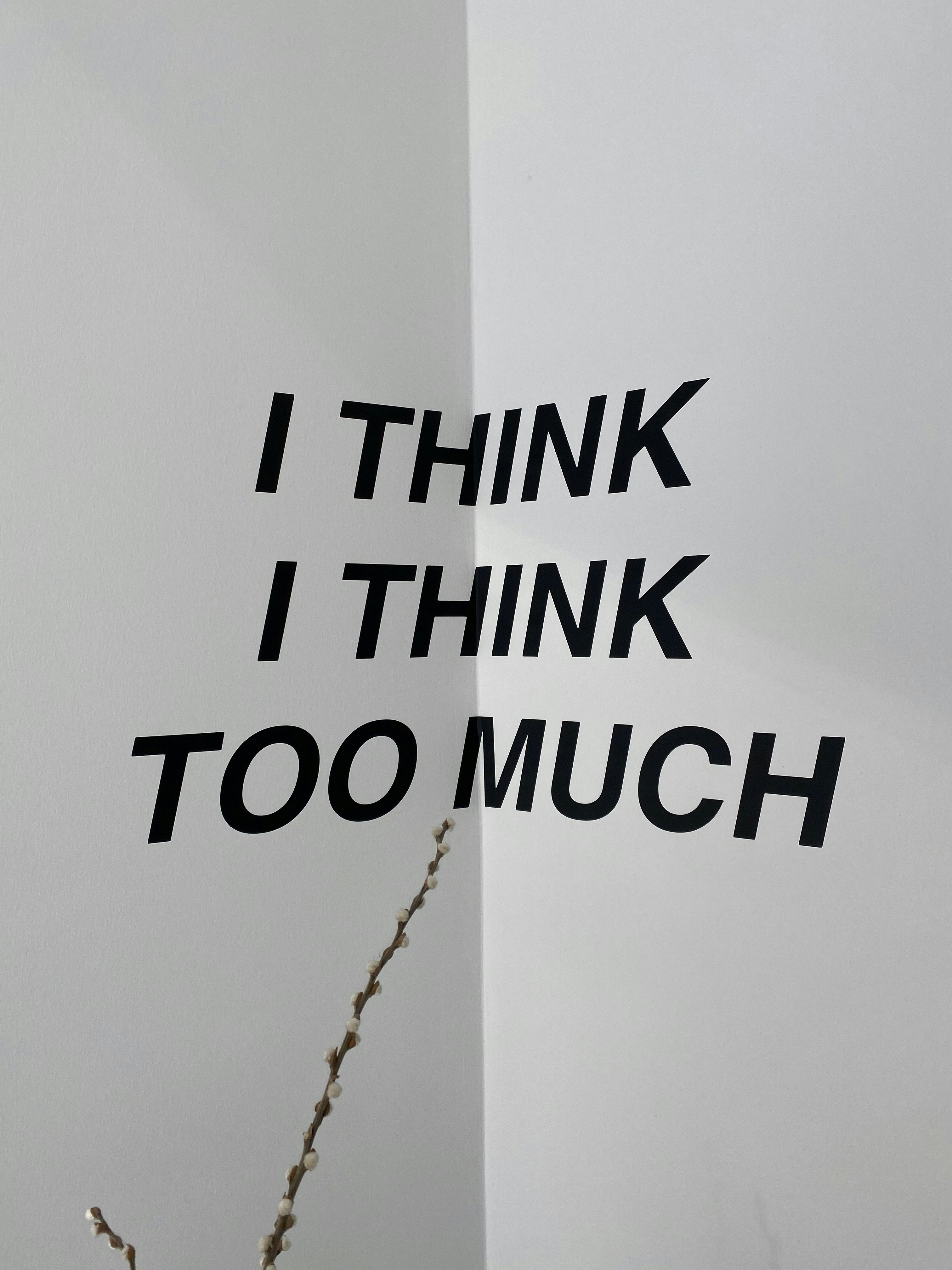Decoding Digital Ghostwriting Legality: Who Owns Your Words?
In our rapidly evolving digital landscape, the concept of ghostwriting has taken on new dimensions. As content creators increasingly seek help to produce articles, blogs, and social media posts, a unique question arises: Who really owns the words crafted by digital ghostwriters? Understanding this legality is crucial in protecting intellectual property and ensuring fair credit distribution. In this article, we will explore key aspects of digital ghostwriting, legal frameworks, and offer practical guidance for both writers and content creators.
Understanding Digital Ghostwriting
Digital ghostwriting refers to the practice of hiring a ghostwriter to create content under someone else’s name. While this practice is not new, the rise of AI-driven writing tools and platforms has amplified its presence in the content creation landscape. Authors and businesses alike are leveraging the expertise of ghostwriters, often without fully understanding the associated legal implications.
The Value of Ghostwriting
Expertise: Hiring a ghostwriter can save valuable time, allowing bloggers and business owners to focus on their primary responsibilities. These writers bring not only writing skills but also industry knowledge that can enhance the quality and depth of the content crafted.
Why It Matters
As businesses increasingly turn to ghostwriters, it’s essential for everyone involved to grasp the legal landscape surrounding the ownership and credit of written content. Failure to navigate this complex environment can lead to disputes not just with ghostwriters, but also with marketers, clients, and the law.
Legal Ownership and Copyright
The Basics of Copyright
Copyright law protects original works of authorship, including written content. When a ghostwriter creates a piece of work, the question arises: Who owns the copyright? Generally, the creator of a work holds the copyright unless terms dictate otherwise.
Work for Hire Doctrine
In many cases, a ghostwriter’s work may qualify as a “work for hire,” meaning the commissioning party may own the copyright. Factors that influence this designation include the contractual agreement between the ghostwriter and the client. Therefore, clearly defined contracts are essential to eliminate ambiguity regarding ownership.
Crafting Effective Contracts
Digital content creators must incorporate specific language in contracts to define ownership rights, including:
- Scope of Work: Clearly articulate what content is being produced.
- Payment Terms: Specify compensation and conditions for additional work or revisions.
- Ownership Rights: Clearly stipulate if the work is a "work for hire" or if the ghostwriter retains some rights.
For more on ownership and rights in creative work, see this insightful piece on intellectual property rights.
Moral Rights: The Right to Attribution
In some jurisdictions, authors have moral rights that protect their reputation and attribution. Ghostwriters may wish to have their names associated with their work. Contractually addressing these rights can help avoid potential disputes later.
Impact of Digital Platforms on Ghostwriting
Transparency and Recognition in the Digital Age
Digital platforms often encourage collaboration, but they can complicate issues of authorship. Transparency about who wrote the content is essential for maintaining trust among audiences and clients alike.
Ethical Considerations
Employers should not only navigate legal requirements but also engage in ethical considerations. Ghostwriting can perpetuate a culture of deception if the authorship remains undisclosed. As content merges with branding, the line blurs between authenticity and masked identity.
For insights on the ethical implications of AI and content creation, consider exploring AI-generated art and content ownership.
Navigating Copyright in the Age of AI
How AI Influences Ownership
AI now plays a significant role in ghostwriting, artificially generating content based on provided parameters. When AI tools create written material, it raises complicated copyright issues—if an algorithm produces an article, who holds the rights?
Legal Frameworks and AI
Currently, courts are grappling with how existing copyright laws apply to AI-generated content. Advocates for creators argue for clearer definitions and protections for human authorship in a landscape increasingly dominated by machine-produced work.
Seeking Legal Guidance
For artists and writers entangled in the complexities of AI and copyright, consulting legal professionals specializing in intellectual property rights is paramount. Establishing a solid understanding of your rights can shield you from potential legal issues.
Case Studies and Real-World Applications
Notable Copyright Battles
Several high-profile cases highlight the importance of clear copyright definitions and proper contracts in the realm of ghostwriting. For instance, a notable lawsuit involving a bestselling author and their ghostwriter emphasized the need for transparency and fair compensation.
Learning From Others
These legal battles often lead to costly settlements and tarnished reputations. Writers entering agreements without clear terms for copyright may find themselves in difficult positions.
Practical Tips for Writers and Employers
-
Draft Clear Agreements: Always begin with a solid contract outlining all terms related to ownership, usage rights, and compensation.
-
Communication is Key: Ensure ongoing dialogue between ghostwriters and clients to mitigate misunderstandings and build a foundation of mutual respect.
-
Understand the Law: Stay up to date on developments in copyright law, particularly as they relate to AI and digital writing.
The Future of Ghostwriting in a Digital World
Embracing Change
As AI technology continues to evolve, so too will the landscape of digital ghostwriting. Understanding the evolving legal frameworks will be critical for both writers and companies looking to navigate this new territory.
Innovating with Integrity
Embracing ethical ghostwriting practices will not only strengthen relationships between clients and writers but also bolster the credibility of the content produced.
Overcoming Challenges
The interplay of digital technology, creative rights, and ghostwriting may be uncertain, but a foundational understanding of legalities can help writers and businesses alike succeed in a virtual marketplace.
Final Thoughts
In the brave new world of digital ghostwriting, navigating the legality of rights and ownership is vital. With ghostwriters increasingly utilized as essential assets for content creation, understanding the implications of this practice can safeguard both intellectual property and the author’s reputation. By prioritizing clear agreements, ethical considerations, and staying informed about legal changes, we can foster a landscape where creativity flourishes without ambiguity.
For additional valuable insights on navigating the intersection of law and digital content, visit our articles on digital twins and virtual reality safety.


